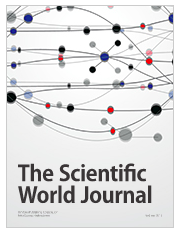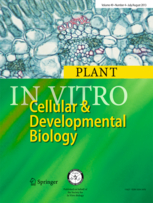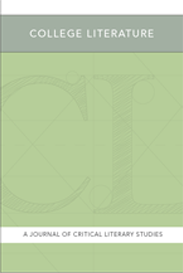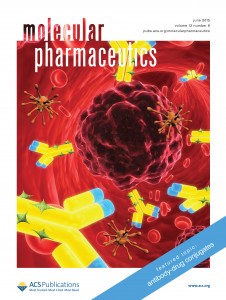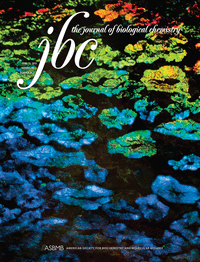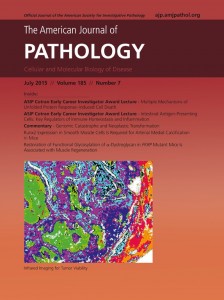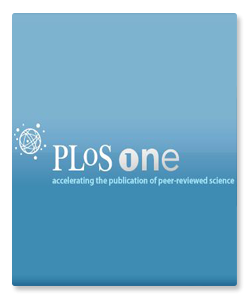The properties of pine needles in northwestern China differ — both inside and out — depending on where on the slope of a mountain they are situated. The properties of a recent paper on this phenomenon have recently changed from “published” to “retracted.”
It appears that some of the authors didn’t realize it had been submitted to The Scientific World Journal. The paper has not been cited, according to Thomson Scientific’s Web of Knowledge.
Here’s the notice:
Continue reading Author disputes retraction of pine needle paper published “without the knowledge” of all authors
